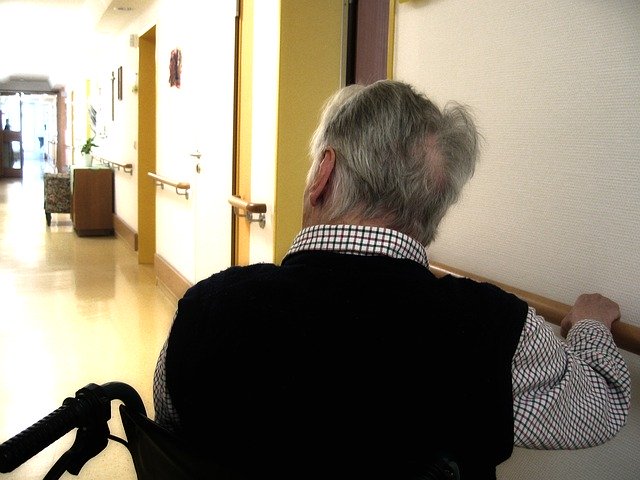Are Nursing Homes Liable for Falls?
There are two ways nursing homes may be liable for the damages caused when a resident falls. The first of these is medical negligence when the facility or staff were responsible for failing to prevent the fall. The second is premises liability, which may take place if the nursing home isn’t
Falling is a common risk especially for the elderly. In the United States each year, one out of every four people over 65 years of age experience a fall. Some of the reasons seniors may fall include:
- Muscle loss
- Medication side-effects
- Slow reflexes
- Other physiological issues
Falls are the biggest cause of fatalities in nursing homes. As a result, most nursing homes must put measures such as installing grab bars and cushioning to minimize falls. Senior citizens are prone to fall due to physical obstacles or hazards. Environmental conditions such as wet walkways also pose a danger.
Duty of Care
The nursing home is a medical facility that provides around the clock care for its residents. It is responsible for accidents on their premises, abuse accidents, and mistakes in providing medical care. The nursing home assumes a duty of care toward the resident.
Failure to assess the residents’ risk of falling is against state regulations and laws. The nursing home is liable for any accidents that happen under the premises liability law. Similarly, if a resident falls and is seriously injured, the nursing home is liable under the theory of negligence. You can, therefore, sue the facility for wrongful death.
How Nursing Home Accidents Happen
Many nursing homes falls occur due to the failure to supervise and protect the residents adequately. A nursing home is liable if they did not act accordingly to prevent falls. The measures include care facilities are required to take include:
- Failure to follow proper care techniques
- Failure to fix environmental hazards such as poor lighting and wet floors
- Failure to follow protocol involving care alarms and access to call buttons
Negligence becomes a key factor if the nursing home fails to meet primary care standards as stipulated by the law. In the context of law, negligence entails a failure to fix a hazardous situation that leads to harm. Staff who allow preventable falls may be held liable for nursing home wrongful death and personal injuries.
Similarly, a resident can initiate a lawsuit if the nursing home provides poor-quality medical equipment such as walkers or wheelchairs. If a residents’ condition worsens due to abuse or neglect and failure to offer follow-up care, the facility may also be liable.
Causes of Negligence That Could Lead to Falls
It isn’t always the caretaker who is responsible for negligence. In some cases, the long-term care facility may be liable for any damages that result from a fall. Here are the most common reasons.
Understaffing
An understaffed facility may not be in a position to provide proper resident monitoring. When this happens, the residents may attempt to handle tasks on their own, including getting out of bed. This increases the risk of falls and injury significantly.
Poor Training
Nursing home staff should know how to safely transfer residents or monitor patients who are at high risk of failing. Nursing homes must put protocols and staffing requirements in place to prevent falls and to monitor at-risk patients.
How to Tell if Your Loved One Is at Risk in a Nursing Home
There is no excuse for falls in a nursing home, and they can be deadly for seniors. If your loved one shows any signs that they may have fallen, it’s time to start asking questions at the facility.
Signs of a fall that aren’t as obvious as a broken hip can include bruises, abrasions, and sprains and strains. Withholding medical assistance, neglecting injuries, and improper medication administration are also signs of elder abuse in a nursing home.
If you believe a fall or other accident or abuse has taken place, report your concerns to the facility. You may also want to report the incident to the agencies that oversee nursing homes in your state. Reporting is a necessary step because it protects other seniors who may also be at risk due to the negligence of nursing homes that aren’t protecting them.

